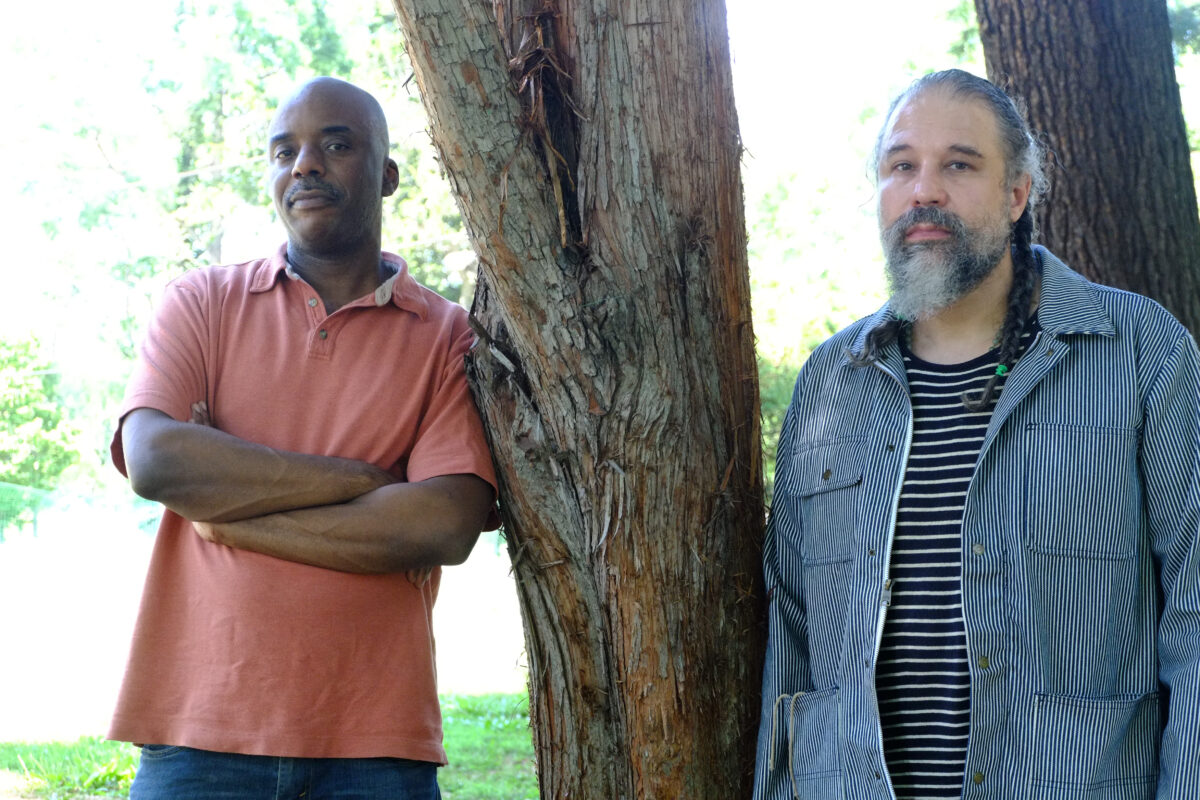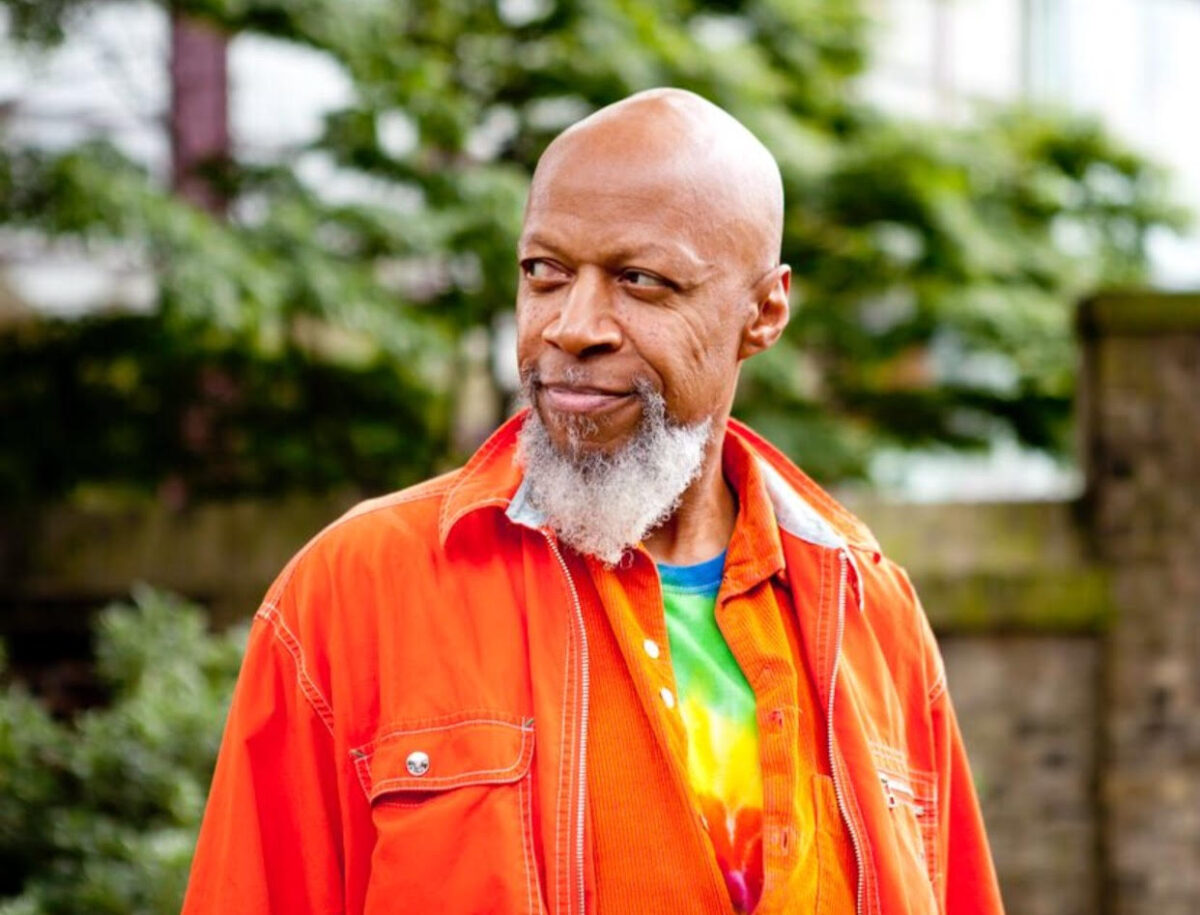Oct
07
w/ Mind Maintenance + Laraaji
Mon October 7th, 2024
7:00PM
Main Space
Minimum Age: 18+
Doors Open: 6:00PM
Show Time: 7:00PM
Event Ticket: $30-$40
Day of Show: $35-$45
singer-songwriter

Ticketing Policy
This show includes both Standing and Seated tickets. By purchasing a Seated ticket you agree to also purchase a minimum of two food and/or beverage items per person.
Table seating is first come, first seated. Please arrive early for the best choice of available seats. Seating begins when doors open. Tables are communal so you may be seated with other patrons.
Proof of vax is NOT required for this event
Sachiko Kanenobu

Often regarded as Japan’s first female singer-songwriter, Sachiko Kanenobu created an enduring legacy with Misora, a timeless classic of intricate finger-picking, gently soaring melodies, and rustic Laurel Canyon vibes. Originally released in 1972 on URC (Underground Record Club), one of Japan’s first independent record labels, the Haruomi Hosono-produced album remains one of the most beloved works to come out of Japan’s folk and rock scenes centered around Tokyo and Kansai areas in the early 1970s.
Kanenobu made her songwriting and recording debut as part of Himitsu Kessha Marumaru Kyodan, whose sole single was released on URC in 1969. After years of being pushed aside by the label in favor of newer male artists who were more “folky” in a traditional sense, it was her friendship with the groundbreaking band and labelmate Happy End that ultimately helped her secure the opportunity to record a solo album. With Haruomi Hosono on board as producer, Kanenobu spent seven days recording the songs that would become Misora, with most songs recorded in a single take.
By the time Misora released in September 1972, Kanenobu was gone. She had left for America, eager to start a new life with Paul Williams, a music writer who had founded Crawdaddy Magazine in 1966. Without the artist to promote it, “Misora was asleep for a long time,” she said. Meanwhile Kanenobu settled near Sonoma in Northern California, retiring from music and concentrating on raising her two children. It wasn’t until Philip K. Dick, the famed writer and family friend, heard Misora and encouraged her to get back into music, that Kanenobu felt the urge to pick up the guitar again. Soon new songs started flowing, and Dick helped finance a single for Kanenobu in 1981. He was committed to producing a full length when he died unexpectedly in 1982.
While she enjoyed success (especially in Germany) with her hard-hitting group Culture Shock in the 1980s, and continued to release albums in American and in Japan in the 1990s, it’s Misora that keeps coming back to her. Every few years a new generation of fans discover the album. Devendra Banhart, Jim O’Rourke, Steve Gunn, and many others continue to tout its greatness.
In 2019 Seattle’s Light In The Attic Records reissued Misora in North America for the first time to widespread acclaim. More recently her 1998 album “Fork In The Road” was remixed by Makoto Kubota (Les Rallizes Denudes, Sunset Gang) with new overdubs by members of modern day psych-rockers Kikagaku Moyo. A vinyl pressing will be out in the U.S. this fall via Temporal Drift. In 2024 her song “Aoi Sakana (Blue Fish)” from Misora has been streamed nearly 2 million times, bolstered by a featured appearance on the soundtrack to Wim Wenders’s Oscar-nomiated film ”Perfect Days”.
At age 76, Sachiko Kanenobu continues to perform, inspire and delight audiences all over the world.
Mind Maintenance

Mind Maintenance is the duo of Joshua Abrams playing guimbri and Chad Taylor on mbira.
This is where the music begins, but Mind Maintenance can’t be described with a summing of parts and players. It’s not about world music, it’s not about jazz. It’s about mind maintenance. When you put on the sound, you’ll know what we’re saying. How immediate and meditative it is—so simple, so in the room. The natural buzz of each instrument sits remarkably well against the other. The percussive qualities of each, so raw and unadorned individually, form with their shared resonance a soothing, sonorous whole.
The songs of Mind Maintenance exist in a zone somewhere between composition and improv. Based in melodies that unspool over time as they move between the two instruments, they benefit from the players’ intimately enmeshed sensibility and the intensity with which they listen to each other. Chad and Joshua have been playing together forever—or, if you need to think of it more tangibly, since around 1994.
Sticks and Stones was their first band. They played together on the session for the O’Rourke-produced Alan Licht/Loren Mazzacane-Connors album Hoffman Estates (on yes, Drag City) in ’98. They live in different cities, but play together whenever they can—whether it’s with Sam
Prekop, Natural Information Society or Joe McPhee. Or just a jam.
After trying out the guimbri–mbira combo for a show at Chicago’s MCA, they made Mind Maintenance a thing and just in time! Boy, do we need it.
Laraaji

Laraaji is a musician, mystic and laughter meditation practitioner based in New York City. He began playing music on the streets in the 1970s, improvising experimental jams on a modified autoharp processed through various electronic effects. He has since released albums for a variety of labels, often recording himself at home and selling the results as cassettes during his street performances.

